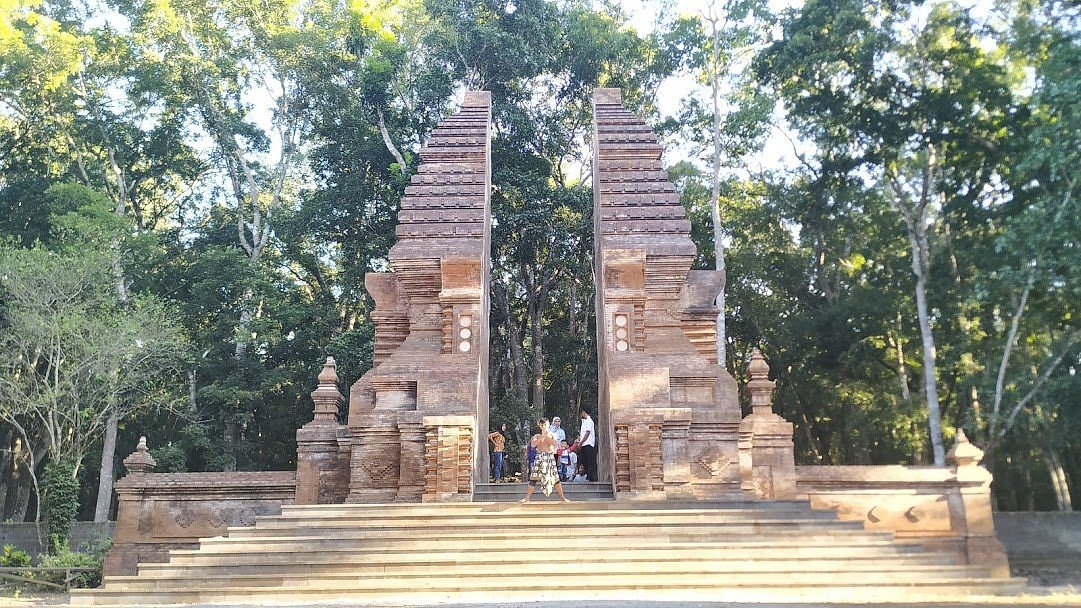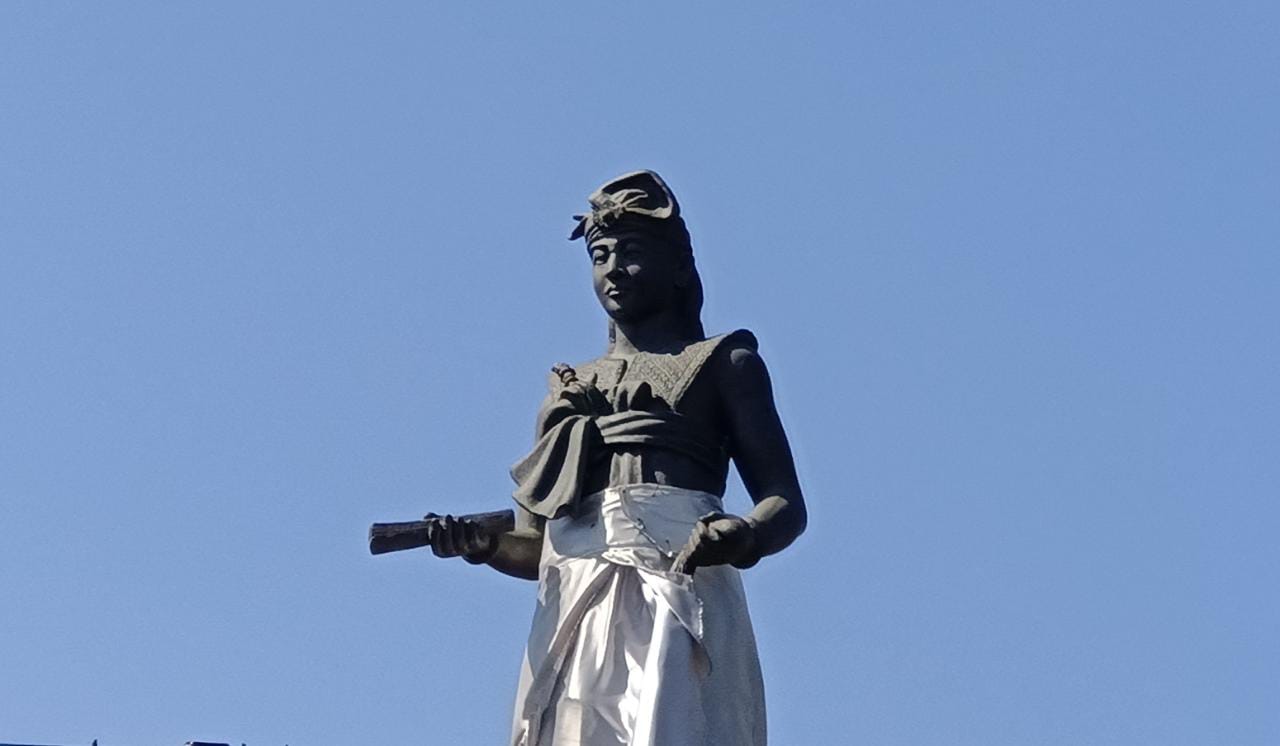Until last year, Indonesia was the largest Muslim populated country in the world, before recently being overtaken by Pakistan. During the 15th century, Islam quickly accelerating and converting most of the regions in the archipelago. But despite this rapid Islamization, Bali successfully defended their Hindu faith for hundreds of years and today, almost 90% of the current population in Bali are Hindus.
The Big Role of Majapahit

Once appointed as Prime Minister or Mahapatih by Queen Tribhuwana Wijayatunggadewi, Gajah Mada took a famous oath of Sumpah Palapa which is a vow to take all of Nusantara Archipelago under Majapahit rule. After that, Gajah Mada launced series of expeditions to conquer various regions, including Bali which was conquered in 1343.
Before the conquest, Bali was already familiar with Hinduism due to their trades with India. This is why Majapahit didn’t have any problem in term of assimilating religious beliefs. In fact, their Hindu faith became richer and more advanced since the exchange of knowledge, traditions and rituals with Majapahit center in Trowulan became so much easier after the conquest.
The Fall of Majapahit

Islam has come to Nusantara since the 13th century, but approaching the 15th century, its influence became stronger and stronger. In 1475, the first Islamic kingdom or Sultanate in Java was founded by Raden Patah, and named it the Demak Sultanate. For decades, Demak and Majapahit involved in various conflicts to determine the ruler of the area around Central and East Java.
Majapahit was waning especially since the Malacca Sultanate was founded by Paramesvara which then started to dominate the trade route that was once belonged to Majapahit. The once a mighty empire started to slowly losing its power. In 1527, the inevitable happened and Majapahit finally crushed by Demak and Muslim forces started to decimate any remnants of Majapahit or Hindu faith.
The Vital Role of Blambangan Kingdom

After Majapahit Empire finally fell, the last Hindu Kingdom in all of Java was the Blambangan Kingdom. Blambangan showed a resistance and perseverance against the Muslim forces that tried to spread Islam to the east. For nearly two hundred years, Blambangan successfully held out against so many attacks and helped Bali remained as a safe haven for Hindus.
But then a stronger Islamic Kingdom appeared in Central Java which called the Mataram Sultanate who also determined to spread Islam’s influence to all of Java. In 1647, Sultan Amangkurat I successfully captured parts of Blambangan with the Hindus were still resisting for decades until Blambangan completely fell in 1706. The leaders of Blambangan were either forced to convert to Islam or killed.
The Exodus
Since the rise of Demak started to pose serious threats, Hindu elites from Majapahit such as royal families, priests, artists, and scholars had been migrating to Bali for their safety. With their arrival in Bali seeking refuge, the Hindu influence in Bali started to get stronger and further influencing the Balinese culture in general.
For Balinese people, Hinduism wasn’t just a religion but also a way of life since Hindu was able to blend perfectly with the local animist beliefs, making it assimilate perfectly. Since then, Balinese Hindu evolved into a unique kind of Hinduism that is different than Indian Hindu. The Hindus exodus from Java only make them more determined to preserve the Hindu way of life against invading forces.
Strong Acts of Deviance and the Dutch Role

During the Blambangan’s decades of resistance, Mataram also launched several attempts to capture Bali as well. The most famous campaign is the Mataram-Bali war when Sultan Amangkurat II tried to invade in the 1670s to 1680s. But the king of Badung, I Gusti Ngurah Made Agung successfully lead his people to victory and repelled the Muslim invasion.
In the 17th century, the Dutch East India Company or VOC started to get involved in local affairs, including between the Javanese Muslims and Balinese Hindus. VOC obviously wasn’t interested in helping the spread of Islam which would disrupt their monopolies. Balinese rulers were also smartly aligning themselves with VOC’s interests in some cases, making sure that the Dutch have their back to maintain independence and helped protecting the Balinese Hindu way of life.



















